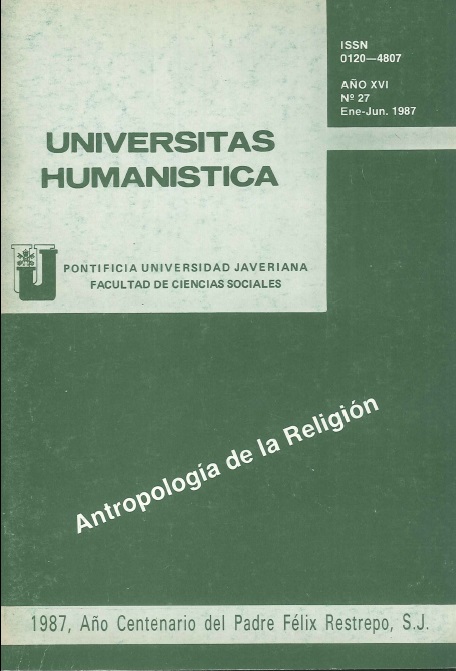Abstract
El presente trabajo constituye un esfuerzo por demostrar la existencia en nuestro país de un ordenamiento lingüístico dentro del proceso de evangelización y aculturación de los indígenas. Dicha estructuración no fue fácil de poner en práctica en razón del mosaico lingüístico, aunque se buscó superarlo mediante las lenguas generales. Por otra parte, uno de los propósitos iniciales de España, al emprender la Conquista y Colonización de América fue el de difundir la lengua castellana. No obstante, al finalizar en 1563 el Concilio de Trento, Felipe II comenzó a exigir una posición más comprensiva de las lenguas indígenas como elementos claves de la evangelización. Esta política persistió hasta 1783, cuando Carlos III prohibió totalmente el empleo de los idiomas nativos, haciendo imperativo el uso del castellano.

This journal provides immediate open access to its content on the principle that making research freely available to the public, encourages greater global exchange of knowledge.
The journal Universitas Humanística is registered under a Creative Commons Attribution 4.0 International Public License. Thus, this work may be reproduced, distributed, and publicly shared in digital format, as long as the names of the authors and Pontificia Universidad Javeriana are acknowledged. Others are allowed to quote, adapt, transform, auto-archive, republish, and create based on this material, for any purpose (even commercial ones), provided the authorship is duly acknowledged, a link to the original work is provided, and it is specified if changes have been made. Pontificia Universidad Javeriana does not hold the rights of published works and the authors are solely responsible for the contents of their works; they keep the moral, intellectual, privacy, and publicity rights.
Approving the intervention of the work (review, copy-editing, translation, layout) and the following outreach, are granted through an use license and not through an assignment of rights. This means the journal and Pontificia Universidad Javeriana cannot be held responsible for any ethical malpractice by the authors. As a consequence of the protection granted by the use license, the journal is not required to publish recantations or modify information already published, unless the errata stems from the editorial management process. Publishing contents in this journal does not generate royalties for contributors.


